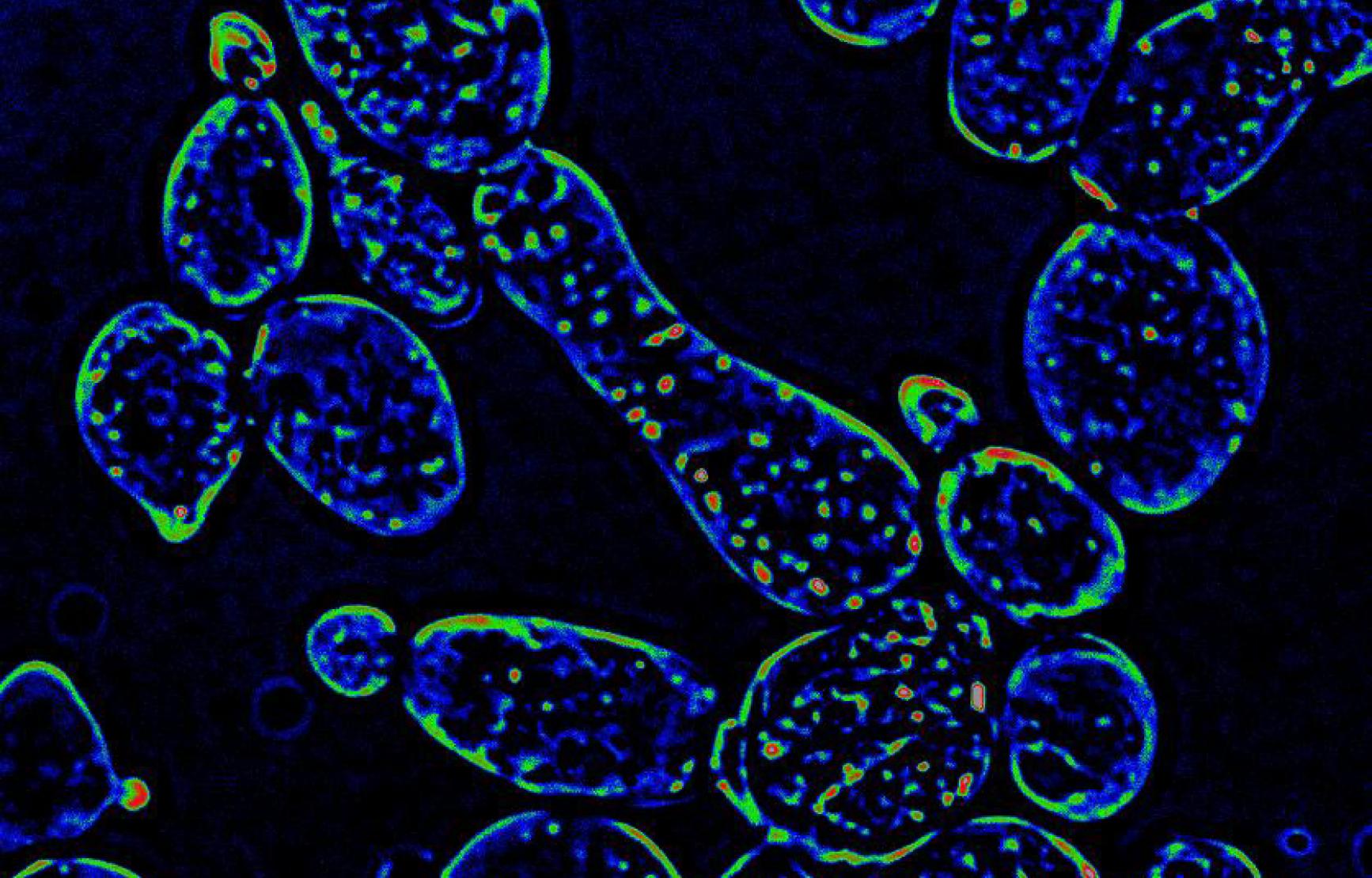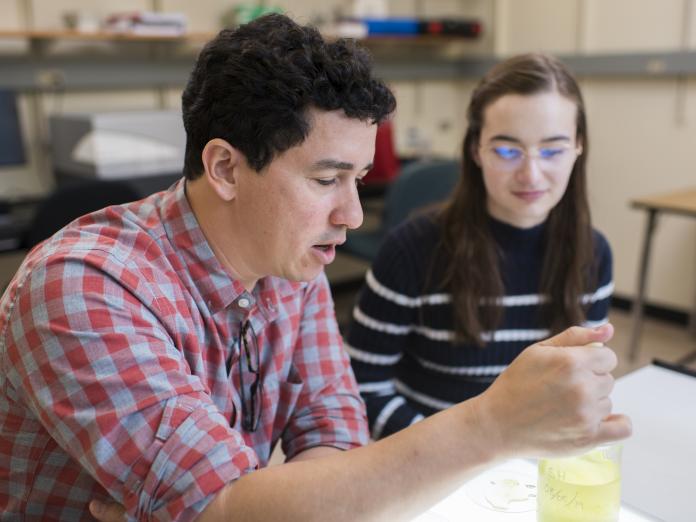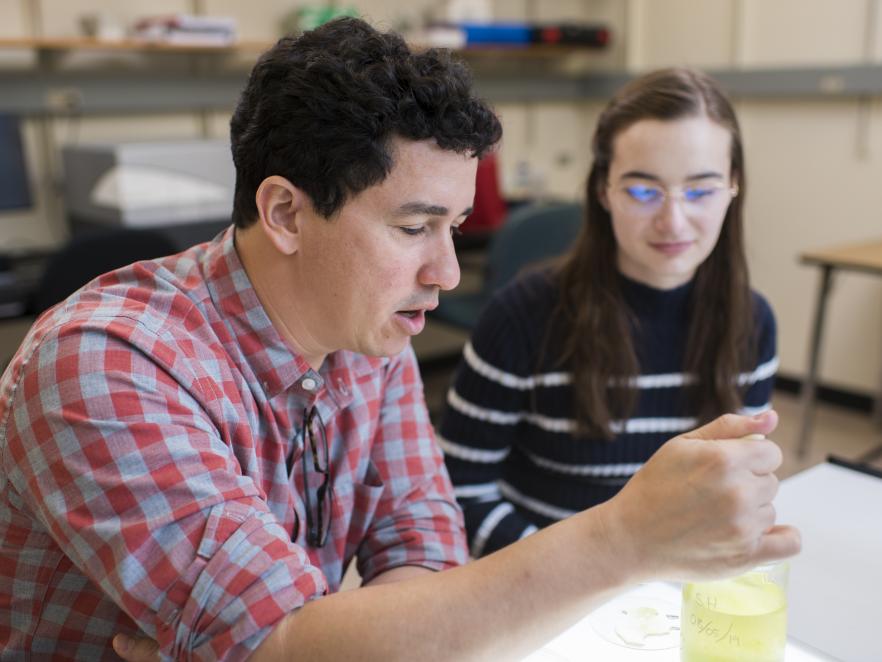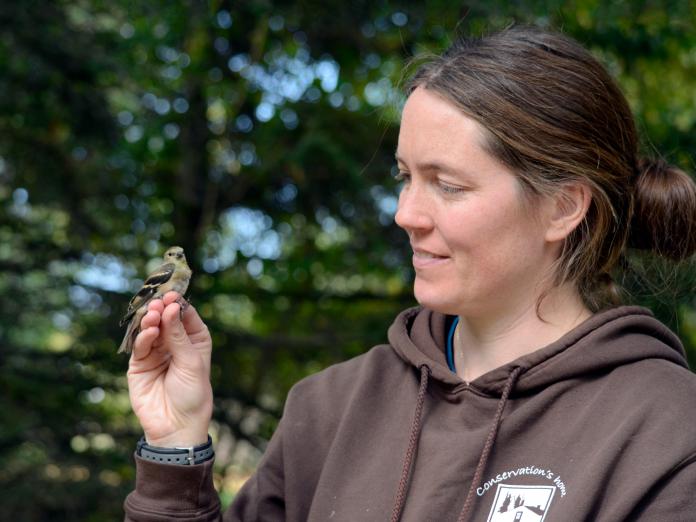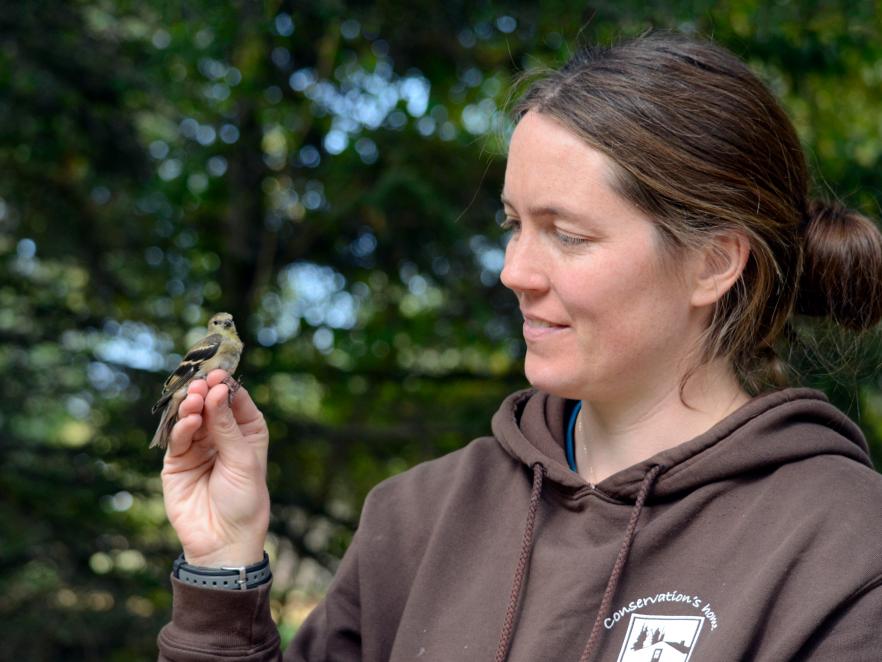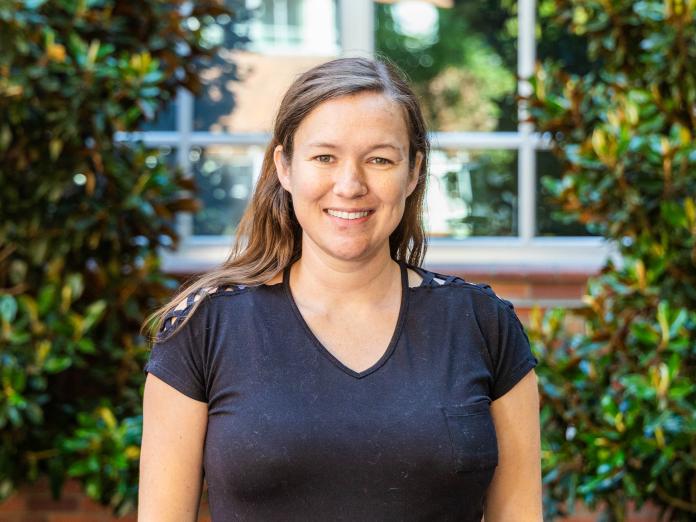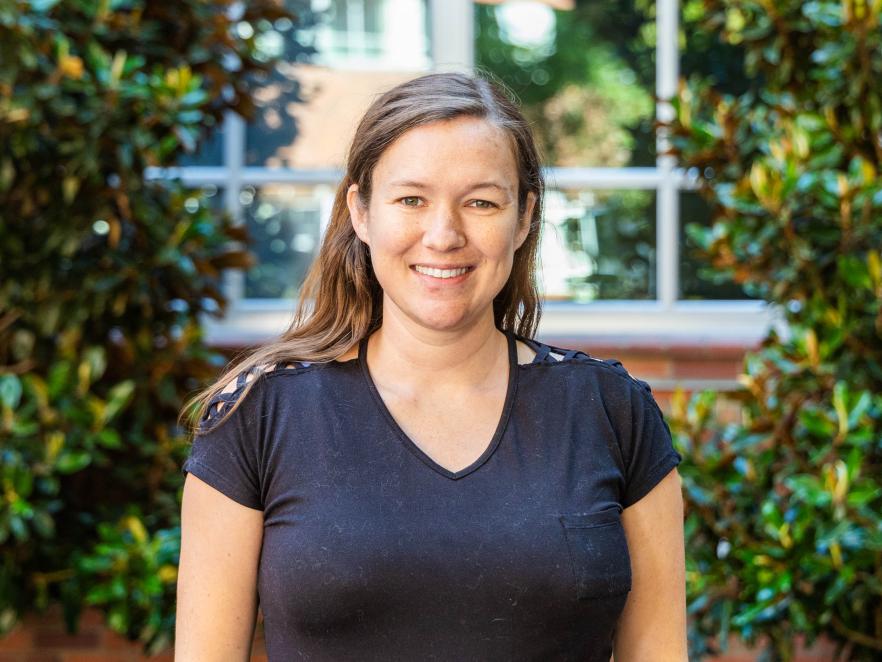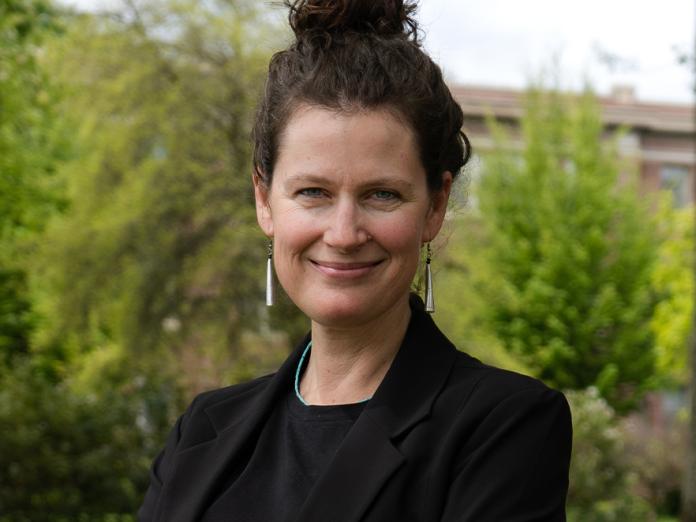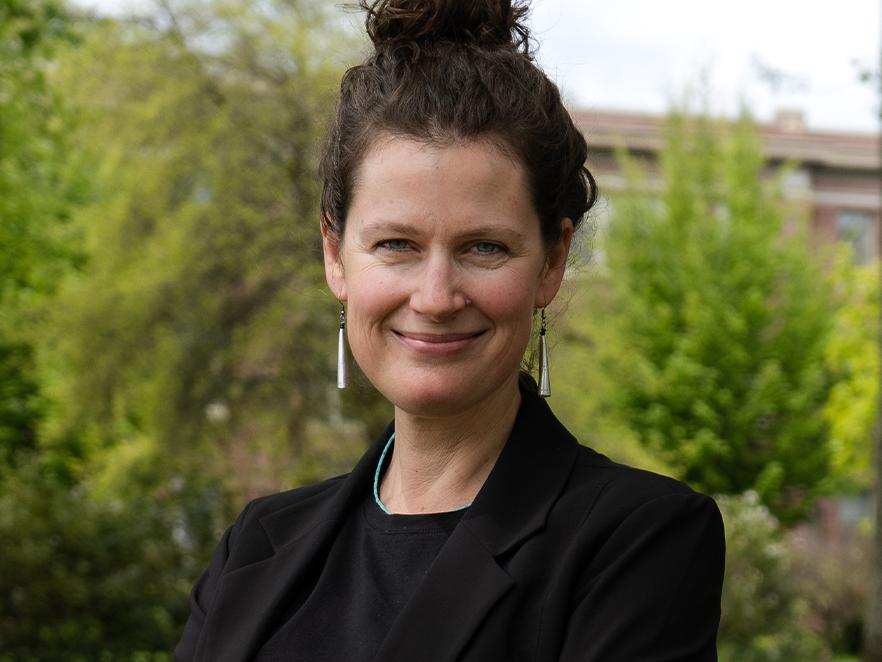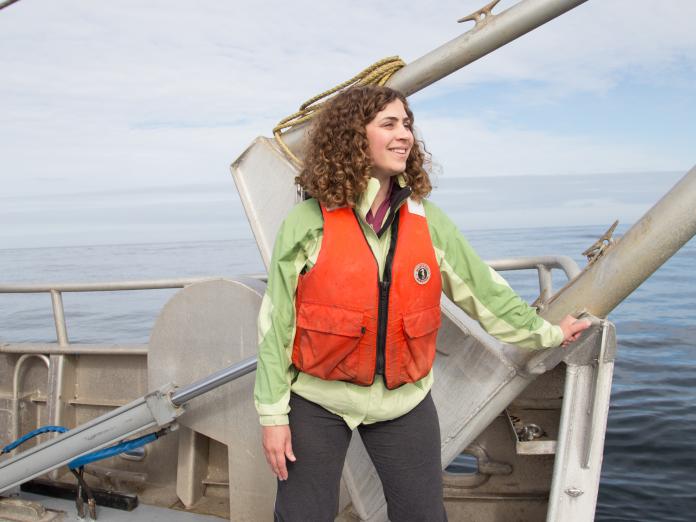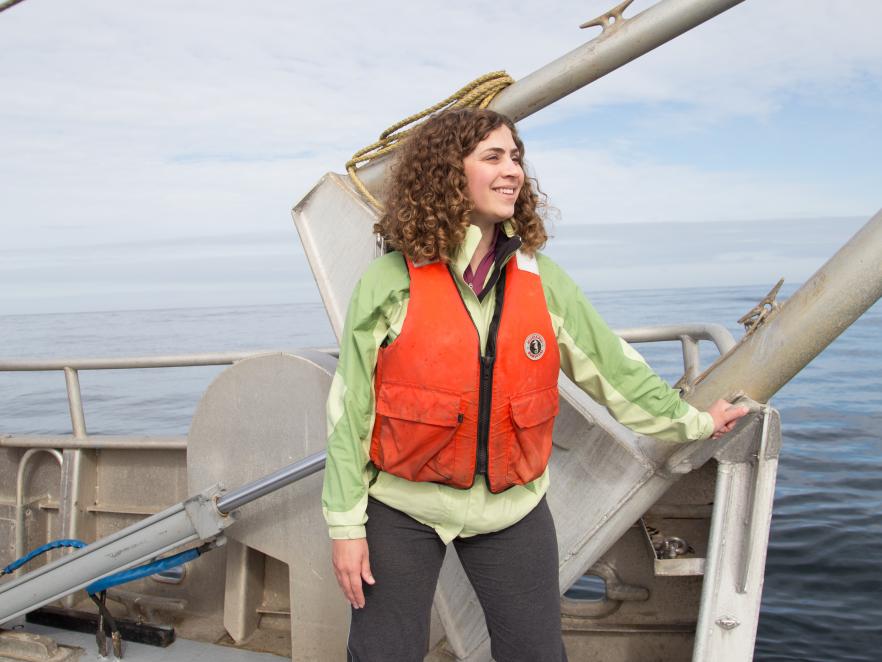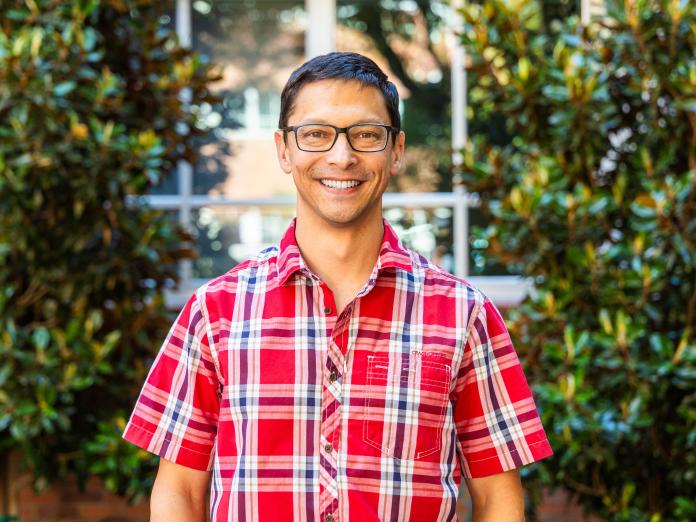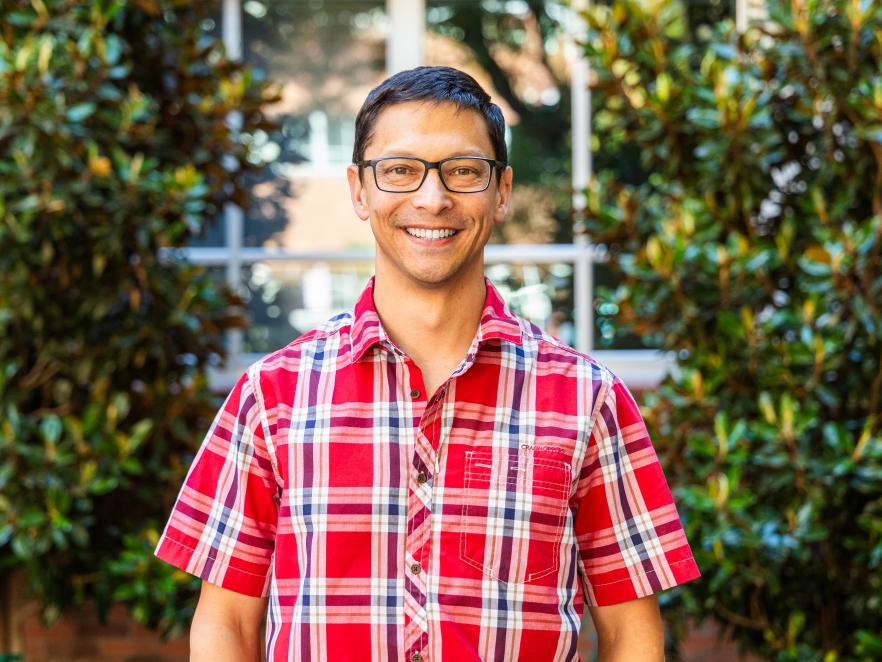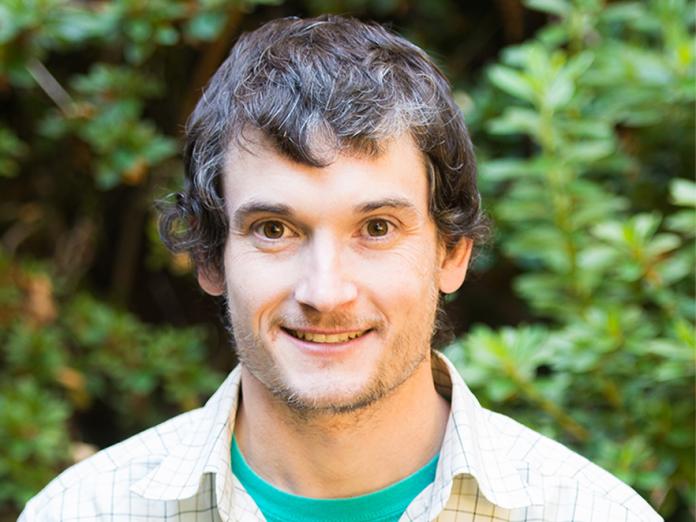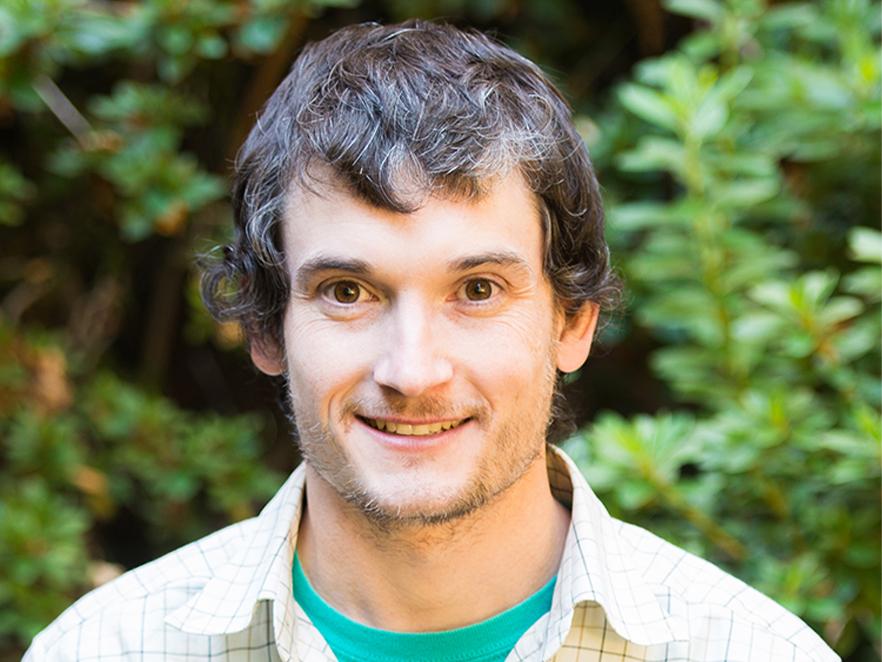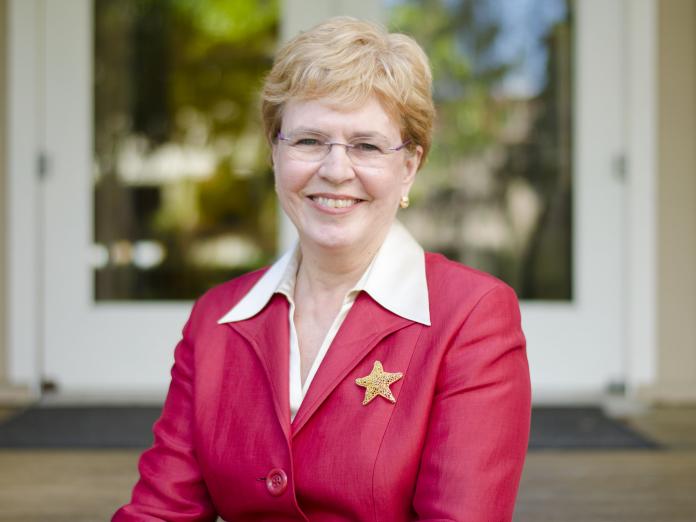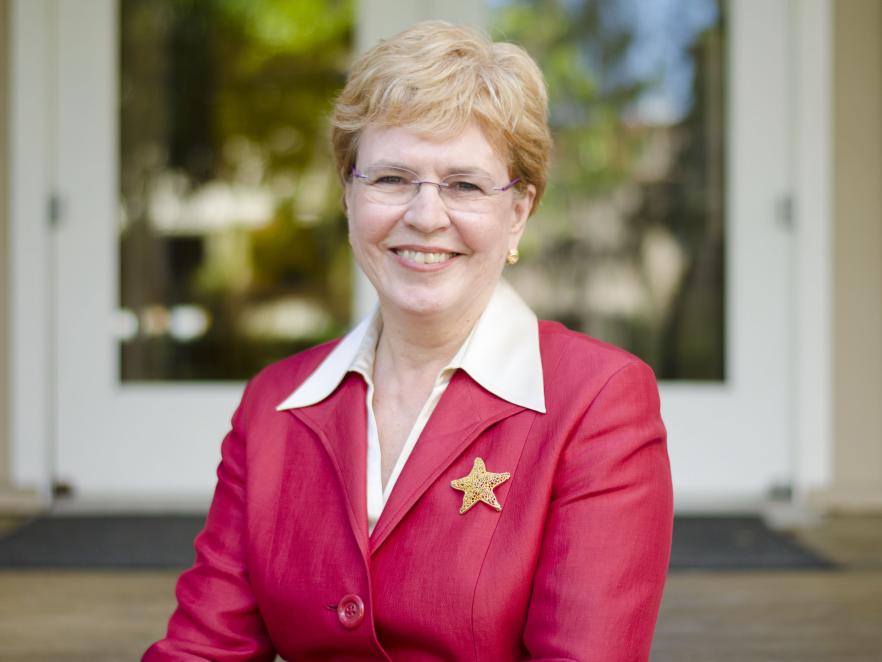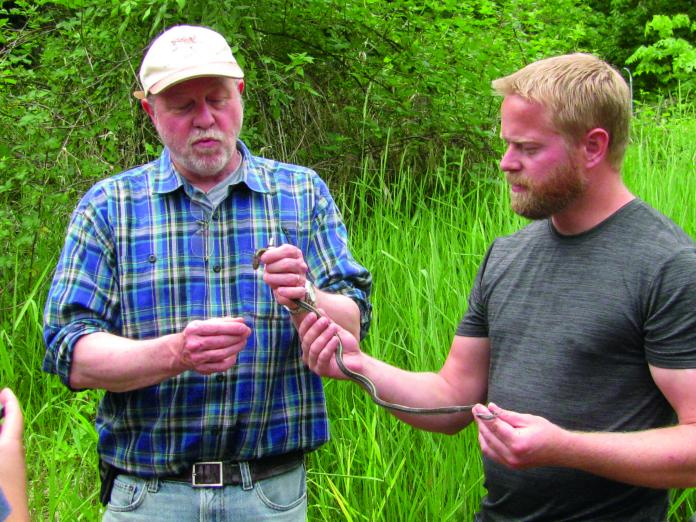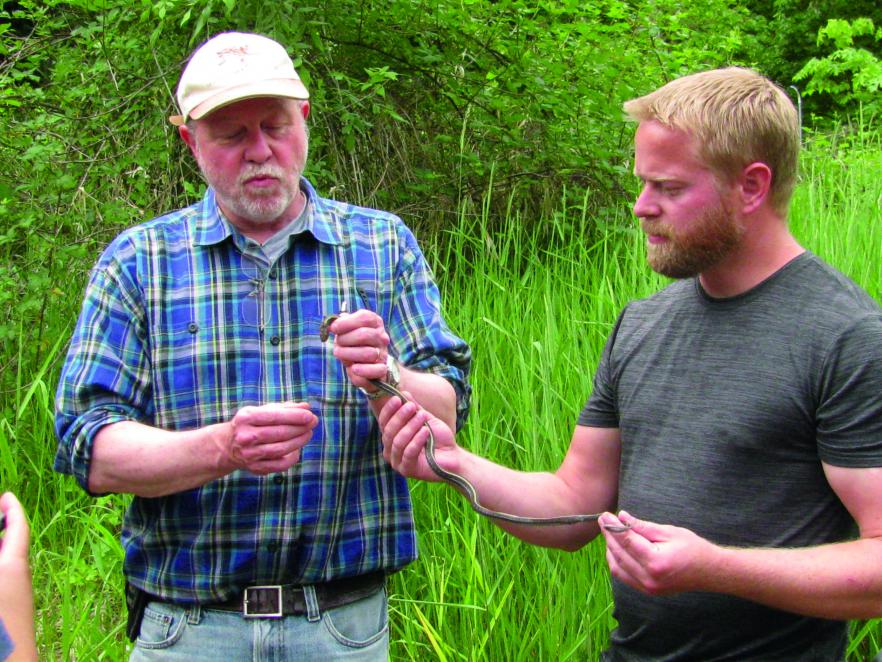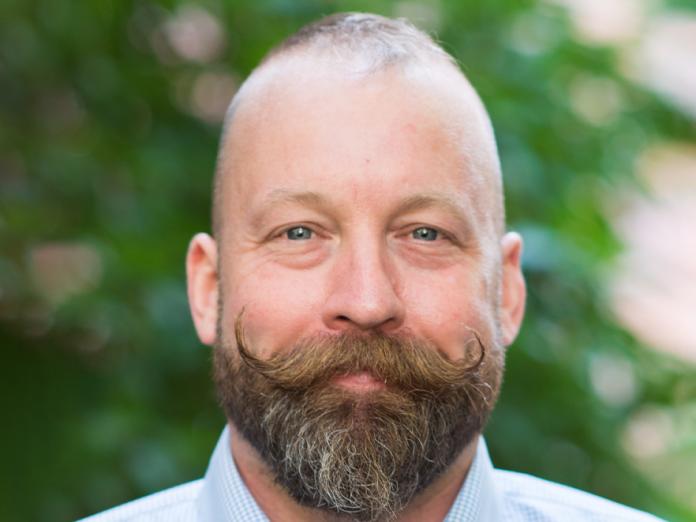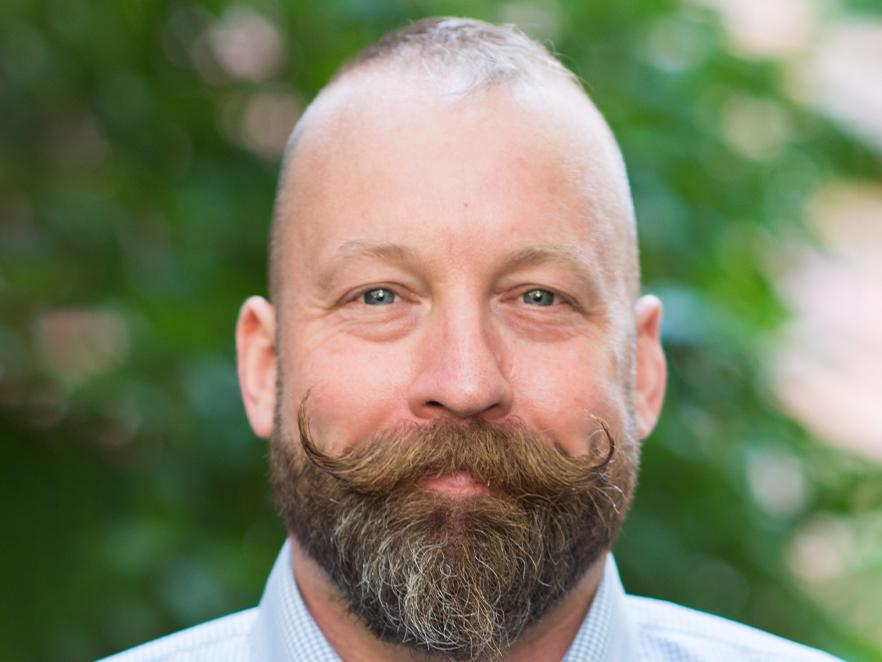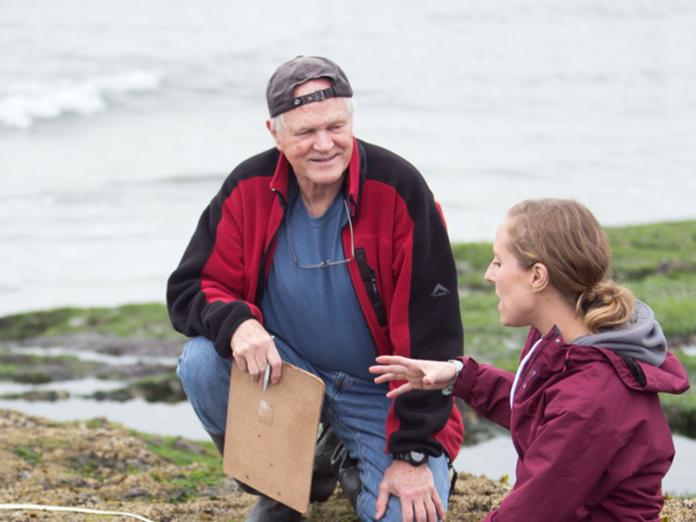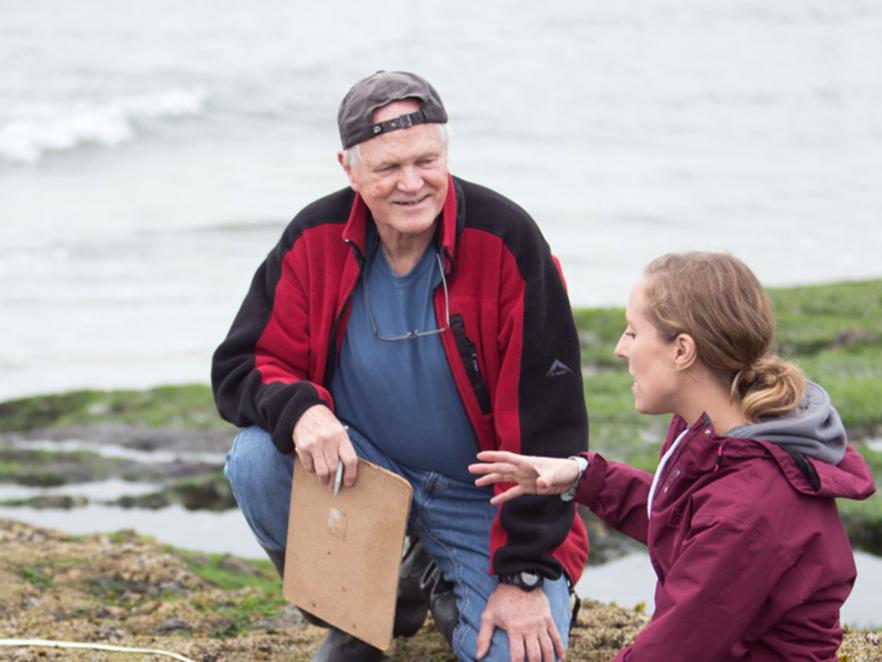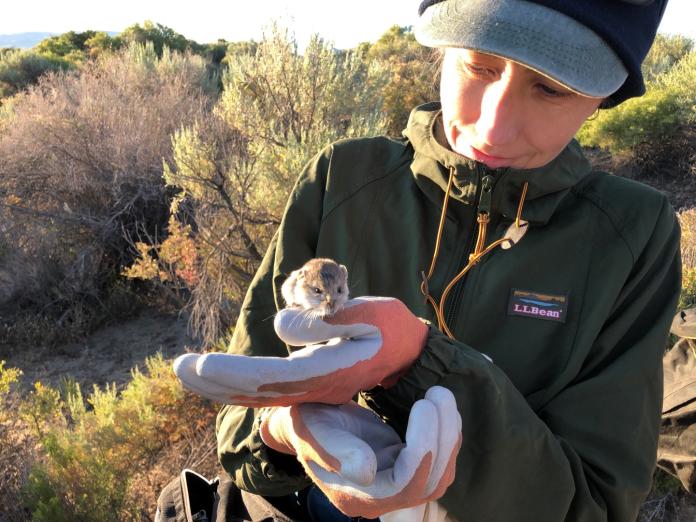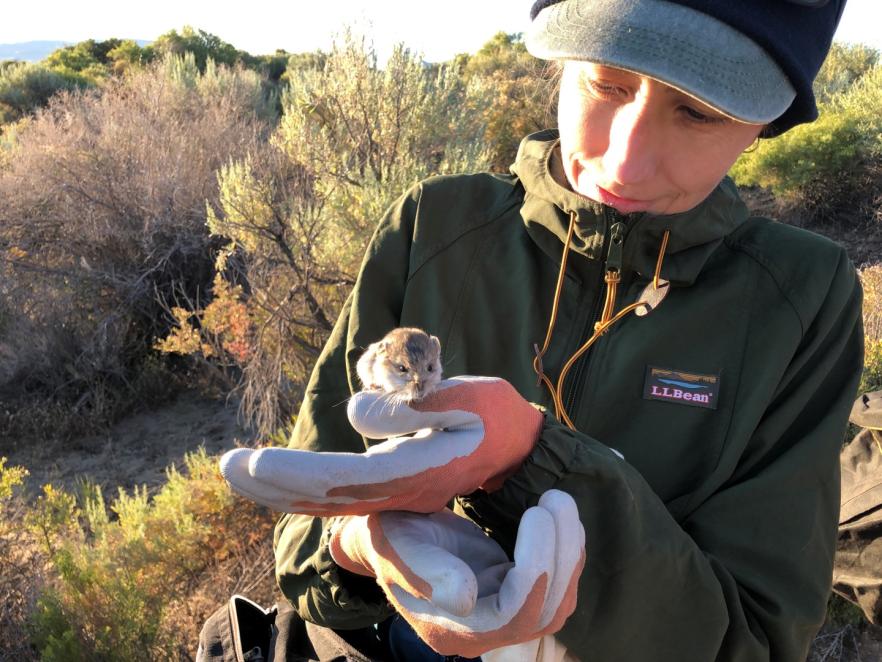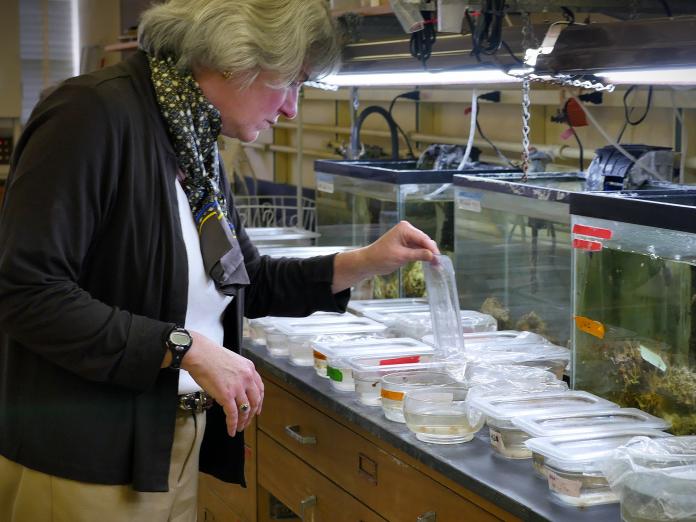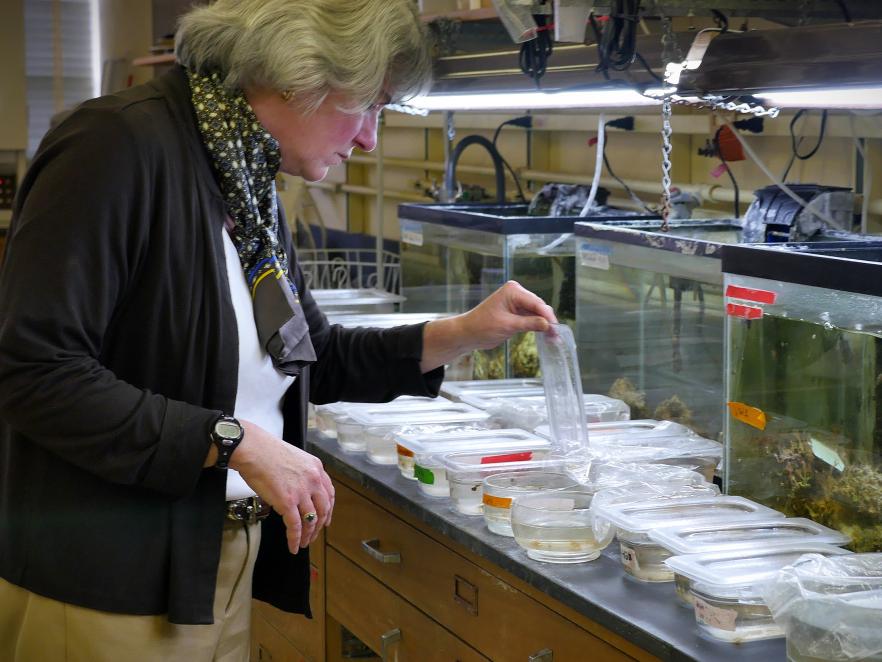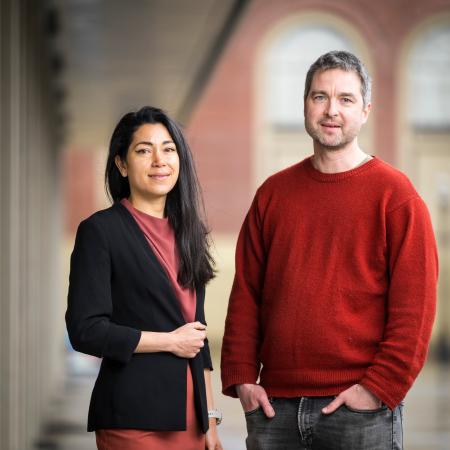Organismal biology is the glue that rests between and connects the molecular/biochemical realms of living systems to evolutionary/ecological scales of biological systems. Understanding the attributes of cells, organ systems and entire living organisms, and getting a clearer picture of how living systems develop and function under an array of circumstances, is the broadest goal of organismal biology. The faculty members in our department that work in this field strive to understand fundamental principles of living systems -- such as how cells divide, what causes aging and cell death, how anatomy and physiology combine to allow individuals to find and recognize each other, and what regulates the complex dynamics of symbiotic relationships. Biologists from a century ago would be amazed at the tools and technologies now in the hands of modern organismal biologists -- allowing them to address these questions and many others -- to continually advance our understanding of what it means to be alive.
Organismal Biology Research
